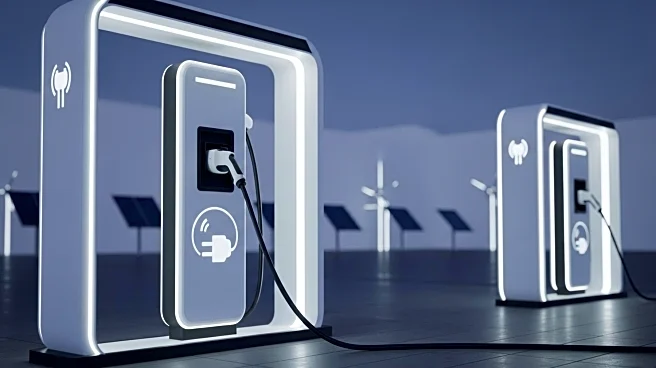What is the story about?
What's Happening?
Tesla is adapting its business strategy following the expiration of the $7,500 electric vehicle (EV) tax credit. The company plans to adjust its pricing to maintain competitiveness in the market. Tesla has historically thrived without the tax credit, leveraging manufacturing efficiencies and technological advancements to offer affordable models. The expiration of the credit is expected to expose financial weaknesses in other automakers reliant on subsidies, potentially benefiting Tesla as it continues to innovate and expand its market share.
Why It's Important?
The expiration of the EV tax credit marks a significant shift in the U.S. automotive industry, impacting pricing strategies and market dynamics. Tesla's ability to thrive without subsidies highlights its competitive advantage and potential to lead the market in innovation and affordability. This development could pressure other automakers to reassess their strategies and focus on cost efficiencies. The situation underscores the importance of sustainable business models in the evolving EV landscape, where government support may not always be available.
What's Next?
Tesla's next steps will likely involve launching more affordable models to capture a larger market share. The company's focus on innovation and cost reduction will be critical in maintaining its competitive edge. Other automakers may need to adjust their strategies to remain viable in a subsidy-free environment. The broader industry may see increased competition and consolidation as companies strive to meet consumer demand for affordable and efficient EVs.
















